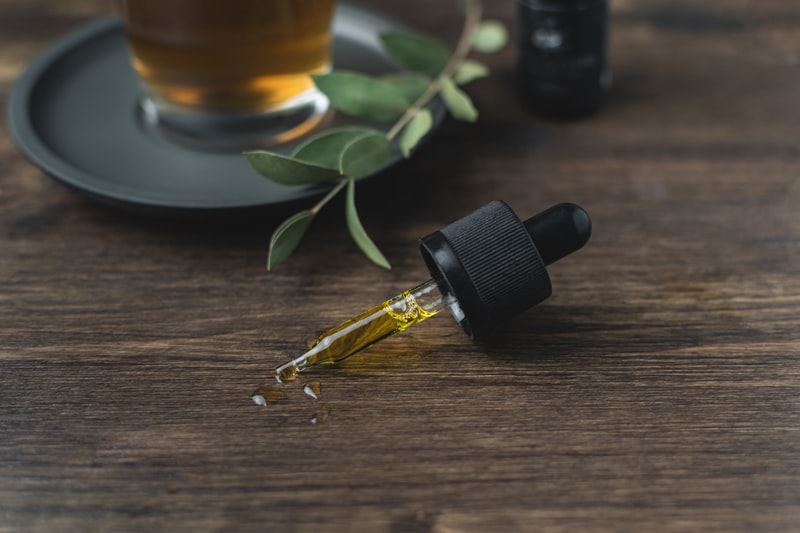If you’re trying to follow the headlines but still aren’t sure about the CBD status in your state, you’re not alone. Laws are changing almost daily, so it’s not always easy to keep up with the newest legislation.
One thing you can count on is that any product with CBD only (including those with less than 0.3% THC) is legal in all 50 states. From there, the laws vary based on the state.
So, whether the CBD you’re talking about is legal in your state or not depends on the label it has. This guide breaks down the status of cannabis into recreational and medicinal.
As a disclaimer, laws can change at any time. This is the status of the U.S. at the time of this writing, and it only pertains to unlicensed CBD products. Medical cannabis and adult-use CBD stores have different rules they operate under.
Recreational CBD
The Agricultural Improvement Act of 2018, also known as the 2018 Farm Bill, became law. The act officially removed hemp from the list of Controlled Substances. This distinction is important because hemp is a form of cannabis, but it doesn’t have the THC count that marijuana does.
The change made it possible for millions of people to get the benefits of quality CBD hemp oils without the intoxication factor.
Most recreational cannabis is marijuana, and this is where users have to be careful. Recreational marijuana is still illegal in many states. It’s also prohibited on federal land, including buildings.
You’re able to light up safely in the following states and purchase weed from a dispensary ()if you have a state-issued card:
- Arizona
- Alaska
- California
- Colorado
- D.C.
- Illinois
- Michigan
- Massachusetts
- Maine
- Montana
- New Mexico
- New Jersey
- New York
- Nevada
- Oregon
- South Dakota
- Vermont
- Virginia
- Washington
But if your state isn’t on the list, that doesn’t mean you’re out of luck. Between the high-quality CBD products on the market and medicinal options, you can still get your cannabis fix other ways.
Medicinal Marijuana
Almost every other state has some form of marijuana policy. Low-content THC CBD is legal everywhere, and THC-based products have been decriminalized around most of the rest of the country.
That means that if it’s your first offense with marijuana, you shouldn’t be arrested or have a criminal record if you’re caught with a small amount.
Beyond this concession, medical marijuana laws have been enacted. These laws allow patients to obtain cannabis with higher amounts of THC if they qualify for a medical marijuana card.
This card gives the holder the ability to buy cannabis from a state-approved dispensary or, occasionally, grow their own on their property. MMJ-approved laws are already in place in these states:
- Mississippi
- Arkansas
- Florida
- Louisiana
- Oklahoma
- Pennsylvania
- Utah
- West Virginia
- Connecticut
- Delaware
- Hawaii
- Maryland
- Minnesota
- New Hampshire
- North Dakota
- Ohio
- Rhode Island
Although these places make up the majority of the country, some states are still behind the times. Cannabis users in Indiana, Kansas, Kentucky, Mississippi, North Carolina, South Carolina, South Dakota, Tennessee, and Texas are limited on their legal options.
To stay on the safe side of the law, if you’re looking for a cannabis fix there, stick with non-THC-based CBD products.
